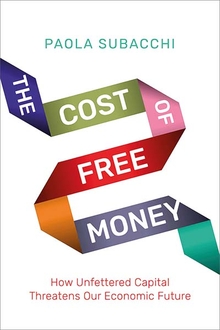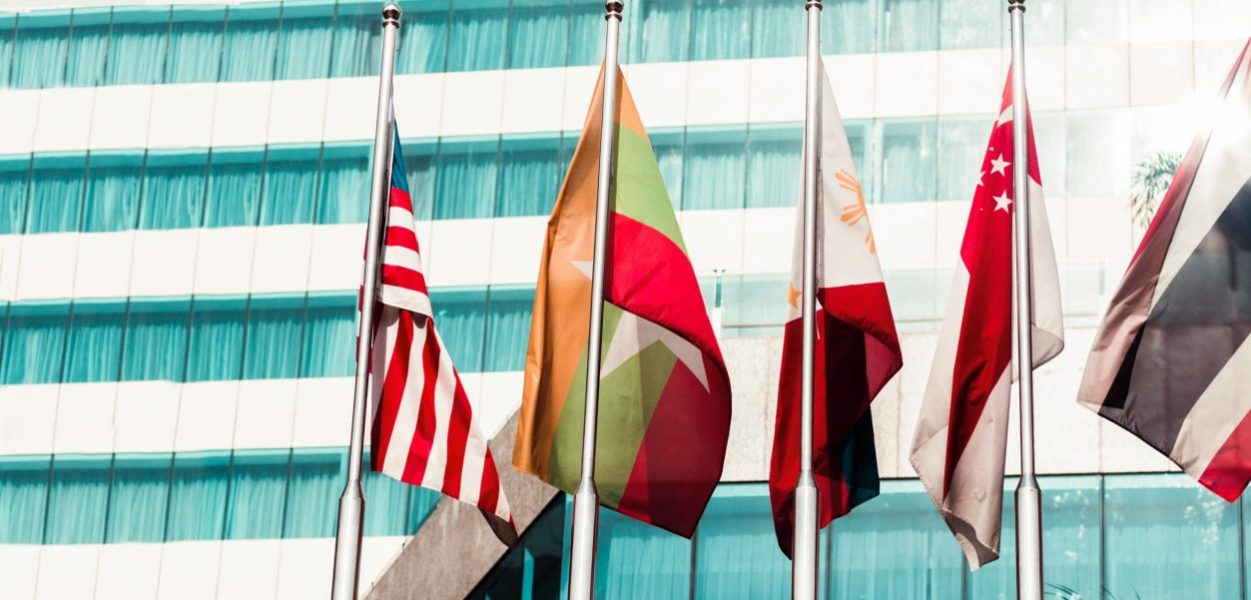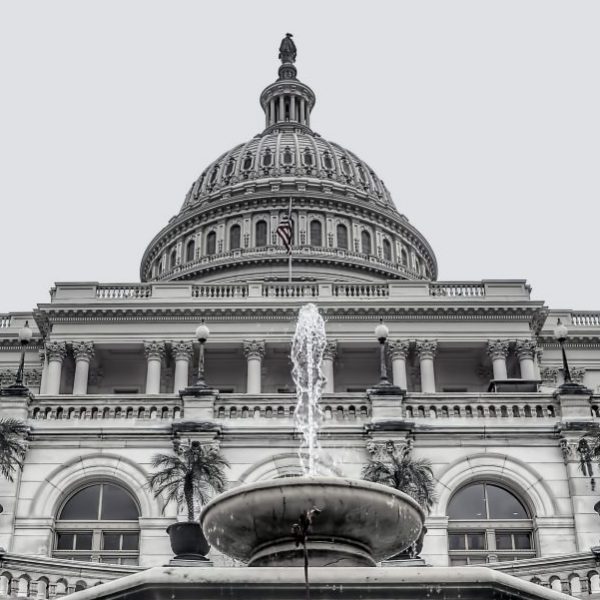US Dominance is Over, but China Won’t Take its Place
Paola Subacchi—
With President Trump at the helm, the United States has been a controversial and divisive leader whose actions have been detrimental
The United States has been undermining the international order since Trump’s inauguration in 2017 when he announced his “America First” approach towards foreign policy and trade. Just days later Trump pulled America out of the Trans-Pacific Partnership, the symbol of the Obama administration’s strategic pivot to Asia that was set to become world’s largest free trade deal. Trump has since also abandoned the Paris Climate Agreement and the Iran Nuclear Deal, and run the WTO’s dispute resolution mechanism into the ground. He has called the UN incompetent, rendered G7 communiqués pointless, and pulled the plug on WHO funding, making it even more difficult for the world to grapple with the Covid-19 pandemic.
Trump’s main target has been China. In addition to waging a full-blown trade war, he has threatened to halt all private US investment in China, labelled it a currency manipulator, and accused it of being single-handedly responsible for both the US trade imbalance and the Covid-19 pandemic. The latest escalation of tensions came in July this year when the United States ordered China to close its consulate in Texas citing the need to protect American’s intellectual property and private information. The Chinese authorities condemned this move as a violation of international law, but ultimately responded in equal measure by ordering the US to close its consulate in Chengdu. Shortly after this episode, US Secretary of State Mike Pompeo delivered a speech in which he announced an end to the United States’ engagement with China.
Biden has made it clear in his campaign that the United States will no longer be a force of disruption for the international order if he wins the upcoming election. He has pledged to reinstate WHO funding, recommit to the Paris Climate Agreement, head a global coalition to find a Covid-19 vaccine, and generally put right Trump’s wrongs in terms of multilateral cooperation. While he has committed to confronting China on issues such as the persecution of Uighur Muslims in Xinjiang and the national security law imposed on Hong Kong, Biden also understands that the world’s two largest economies need to be able to work together on global issues like pandemics and climate change.
However, just because the United States will no longer be a force of disruption, it doesn’t mean that it will be willing to lead the rules-based international order as has been the case for the last seventy years. The signals are clear. For instance, the United States has, for quite some time, been reluctant to provide finance for development and a global financial safety net—the two international public goods that the leader of the international order must provide. This is
Thus the question arises: will another country take over this role? The sheer size of China’s economy has caused many to consider its prospects for leadership, but on closer
As the United States is unwilling to lead while China is still unable (and unwilling) the best bet for the world is that regional organisations and arrangements such as trade agreements and financial stability initiatives will strengthen over the coming years. The way Europe is pulling together to respond to the challenges posed by the pandemic bodes well for regional multilateralism. By the same token, the Chiang-Mai Initiative Multilateral is the first solid step towards financial cooperation in Asia.
The result will be a multipolar world with a multi-currency monetary system, where the public goods are provided on a regional basis. What remains to be seen is whether the transition will be peaceful and inclusive or whether it will be a period fraught by tensions and aggression. Ultimately this depends on whether the large economies can blend their rivalries. But if Trump does remain in the driving seat, we can be sure that economic nationalism will continue to poison the well and undermine the international order.
Paola Subacchi is an economist and writer. She is professor of international economics and chair of the advisory board of the Global Policy Institute at Queen Mary University of London. Subacchi is the author of The People’s Money. She lives in London.
Further Reading:





